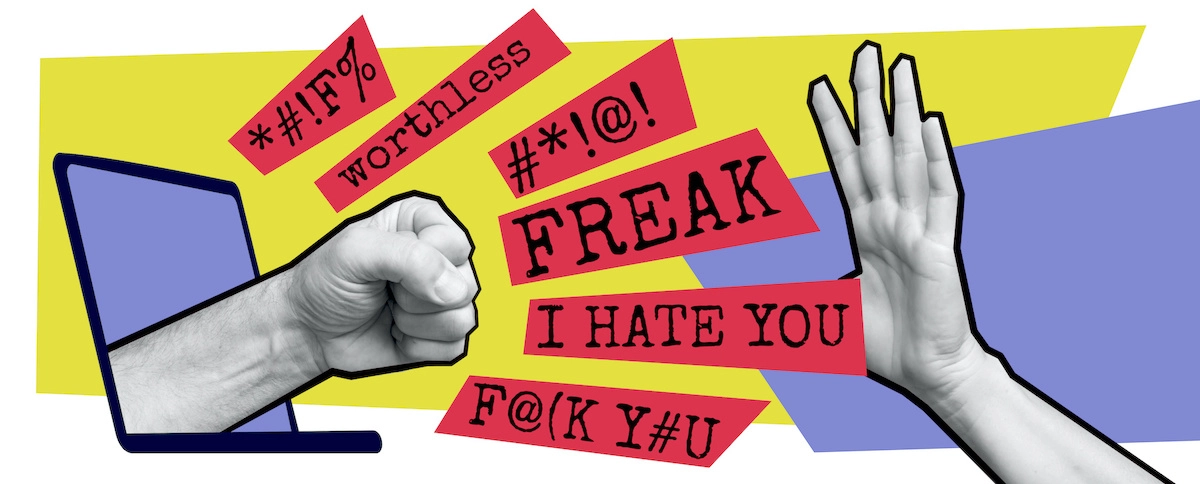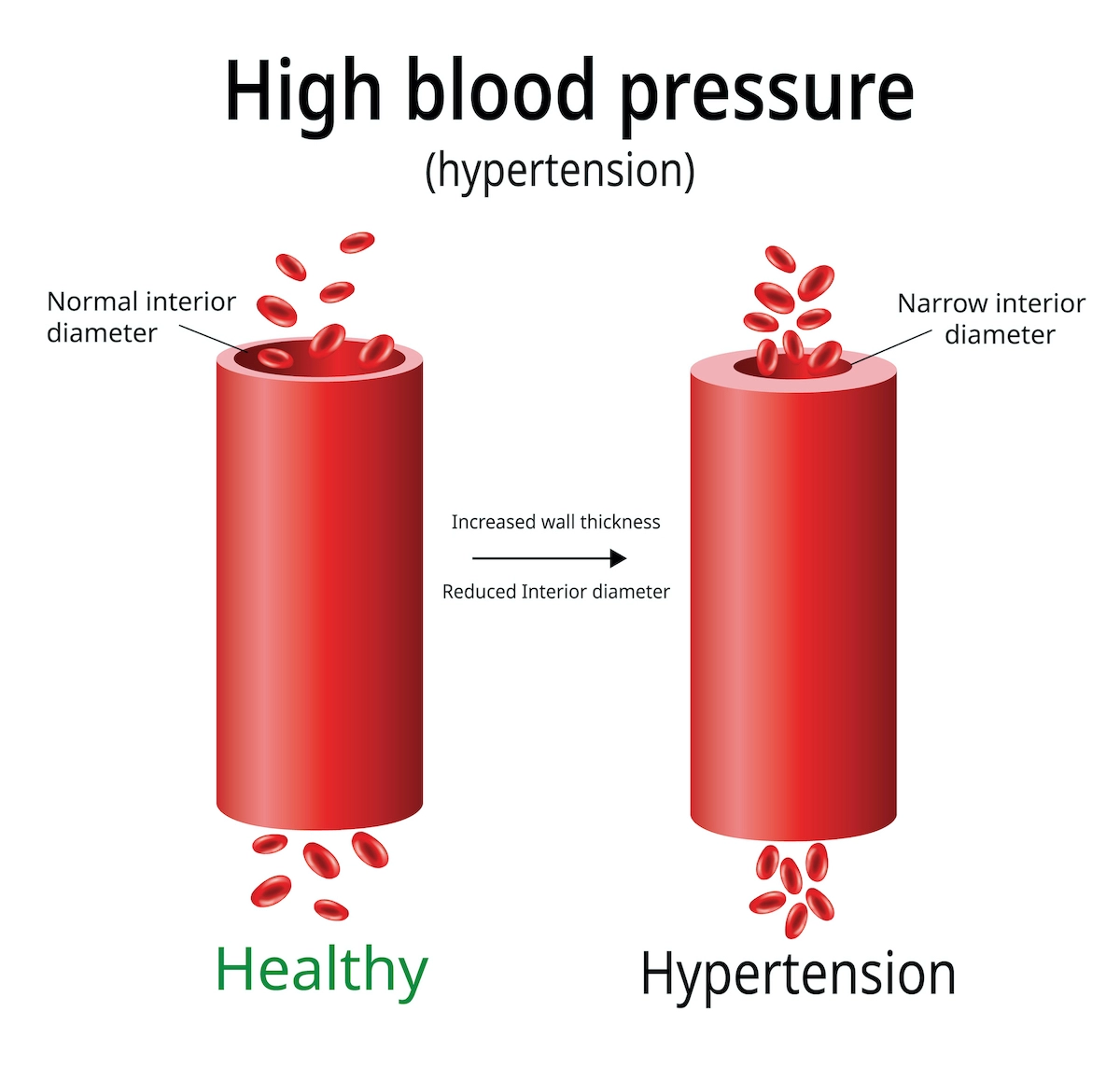By Rose Ewing
When most people think of abuse, they think of outward injuries such as broken bones, bruises and black eyes. But very often, it’s the inward injuries that are slowest to heal and can be just as damaging.
Verbal abuse involves the use of oral or written language directed toward a victim. Verbal abuse can include yelling, continued verbal harassment, labeling, name calling, insulting, scolding, put downs and belittling an individual. Very often, it’s continual to the point of nearly ‘brainwashing’ the victim and forcing them to hear the insults, untruths, and abuse over and over again.
Emotional abuse, sometimes called psychological abuse and/or emotional blackmail, centers on threats such as, “If you do not do this for me, something bad will happen.” Emotional blackmail uses the other party’s own emotions against them. It entails pressuring someone into complying with demands or wishes. This behavior can harm a victim’s emotional well-being and create a toxic dynamic in relationships. The behavior is frequently as damaging as other types of abuse. “Emotional and psychological abuse can be particularly insidious and often involves gaslighting, which can make the victim question their understanding of what’s happening to them—or if it’s even happening at all,” said Kristin Dubrowski, CEO of Hopeful Horizons—a child abuse, domestic violence, and sexual assault victim services organization, serving Beaufort, Jasper, Hampton, Colleton and Allendale, SC counties.
“I’ve heard from survivors over the years that they were reluctant to reach out to Hopeful Horizons for help because it was ‘just’ emotional abuse and wasn’t ‘as bad’ as physical or sexual abuse. All abuse is bad and there isn’t a hierarchy of what is worse,” explained Dubrowski.
Both verbal abuse and emotional blackmail have similar goals to maintain power and control over a victim with the end result being the manipulation of a victim. “Emotional abuse is an underlying factor in all forms of abuse. Even when there is physical violence and the physical injuries have healed, there can still be long-term mental health impacts,” said Dubrowski.
How does it begin? Very often a perpetrator will identify the vulnerabilities of a person, create emotional pressure, then demand compliance. People do it to shield themselves from their own insecurities and to provide a means of staying in control.
What are signs of verbal and emotional abuse?
- Put downs. “You are an awful partner. Why do I put up with you when you don’t support me?”
- Name calling.
- Making an individual feel responsible for the abuser’s emotions or problems. “Your awful breakfast made me late for work.”
- Threatening retaliation, punishment, or withdrawal of affection if a person does not comply with the blackmailer’s requests. “If you don’t continue to be my boyfriend, I’ll tell everyone you are a horrible lover.”
- Using emotional manipulation to gain sympathy and control, such as playing the victim, using tears or exaggerating feelings. “You cannot break up with me. My grandmother just died.”
- Withholding affection, communication, or support as a form of punishment or control. “I’m not speaking to you today because you are a lazy wife and mother.”
- Making demands to force compliance. “If you don’t go to the dinner dance with me, you will be sorry.”
- Gaslighting, which involves distorting a person’s perception of reality to make them doubt their feelings or beliefs. “You know I would never talk negatively about you to your friends. But I know they’ve heard a lot of negative things about you.”
Why do people do it?
Jeanette Raymond, PhD, licensed clinical psychologist and psychotherapist, explains that a perpetrator of emotional abuse is using his/her unhealthy habits to cope with their own vulnerabilities. “When people feel somewhat insecure, helpless, or desperate, they may seek to counter those destabilizing threats with a sense of strength, power, and control,” said Dr. Raymond. “It is a strategy because it makes them feel that they have the upper hand. It removes bad feelings and gives them to another person, which turns the tables.”
“Additionally, the practice fills blackmailers with a feeling of importance when they are at their most vulnerable,” said Raymond.
How can you respond to verbal and emotional abuse?
Healing from verbal and emotional abuse can be challenging for many reasons. Many victims internalize the negative messages they hear from the person causing harm and begin to believe them. Initially, this can be a coping mechanism for the person being harmed because it provides a sense of control, “If I can change and be better, then my partner will stop calling me names.” But, in the long term these internalized beliefs can have a lasting impact on the victim’s sense of self-worth and even on their ability to trust themselves and others.
A person undergoing emotional and verbal abuse can reclaim their life. First, establish healthy boundaries using assertive communication. To assist with this process, an individual should seek help from a professional. Then utilize trusted family and friends to create a support system. But Dubrowski reminds us that abusers are bullies. “Abusers typically don’t care about boundaries. They will continue to push, which is a clear indicator that the relationship isn’t healthy,” she explained.
Support
When boundary-setting doesn’t work and verbal and emotional abuse is an ongoing problem, a person should seek counseling from a licensed professional.
Hopeful Horizons offers confidential services free of charge. Please visit www.hopefulhorizons.org to learn more.










